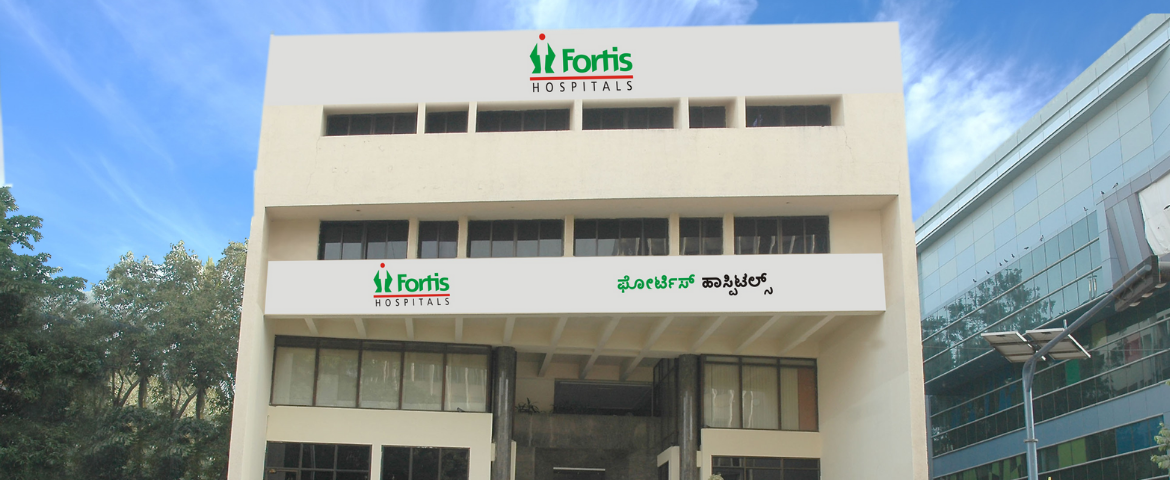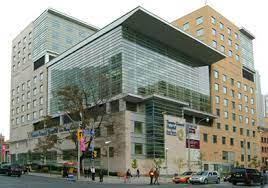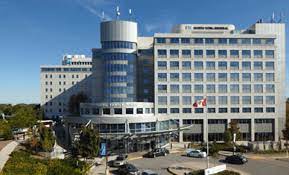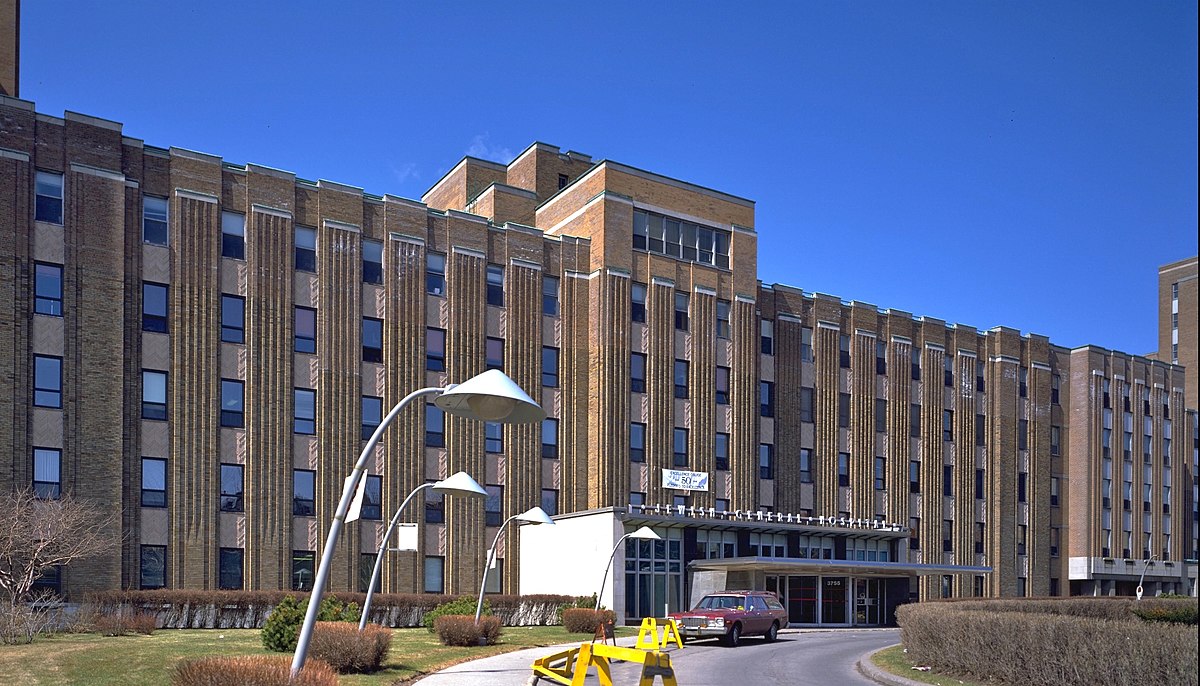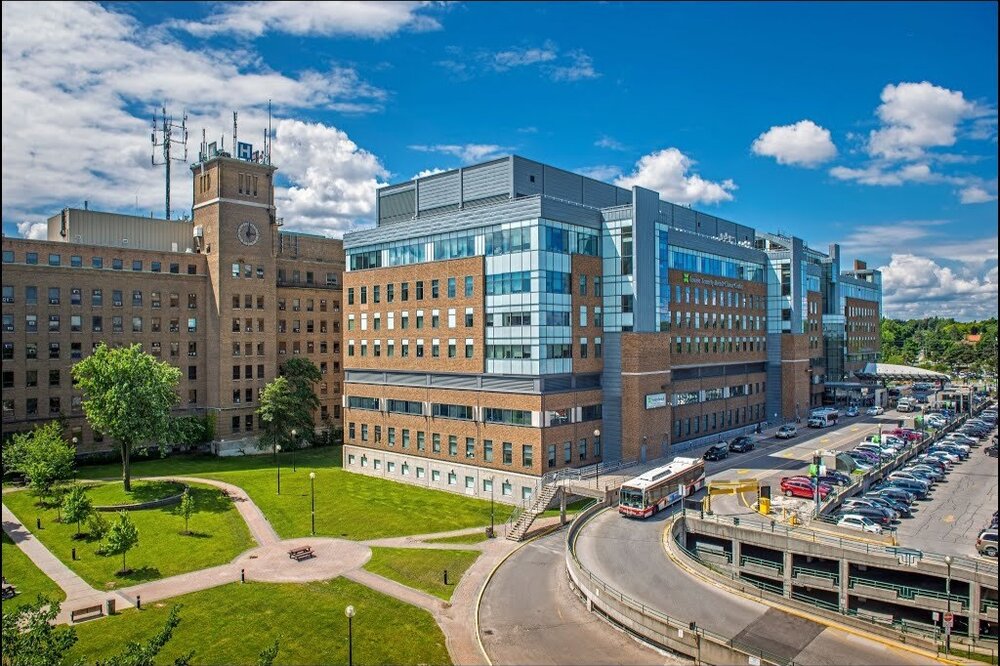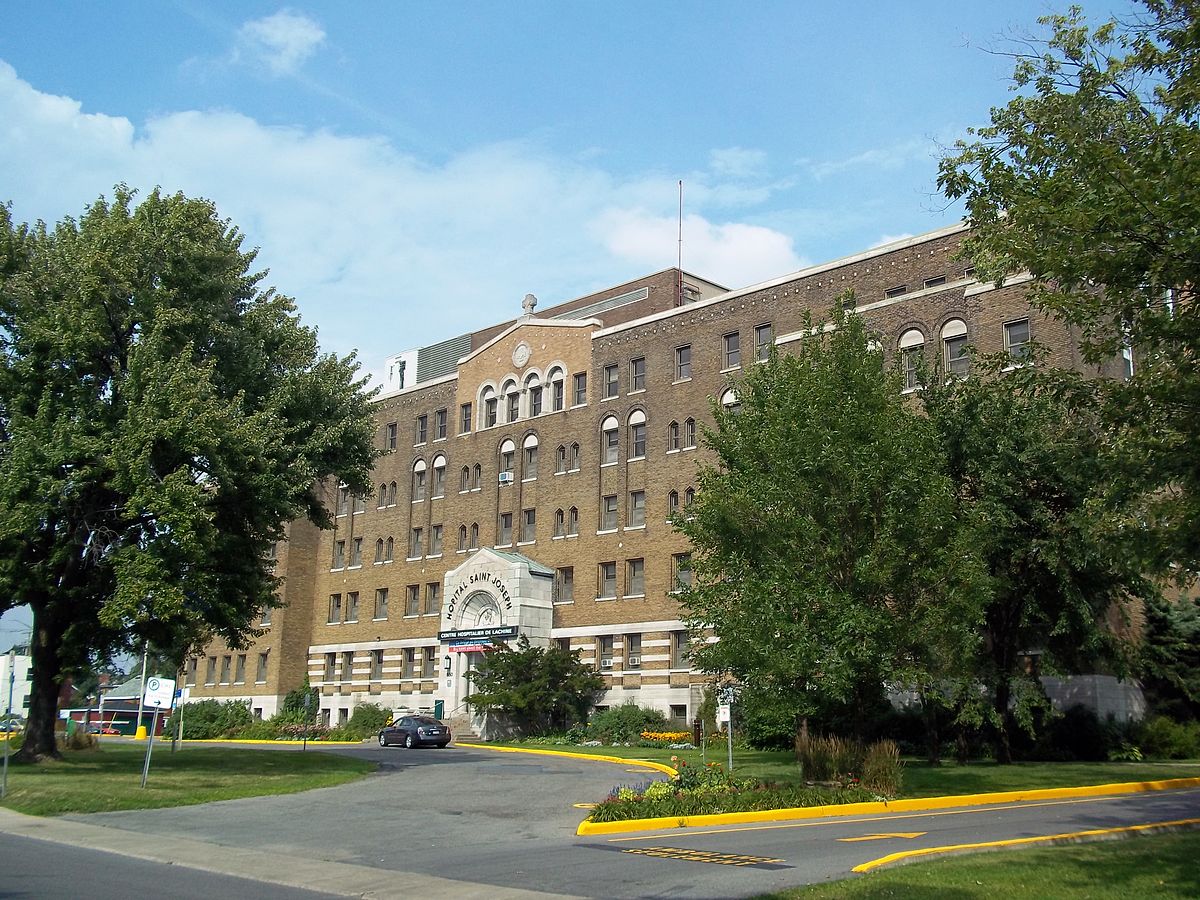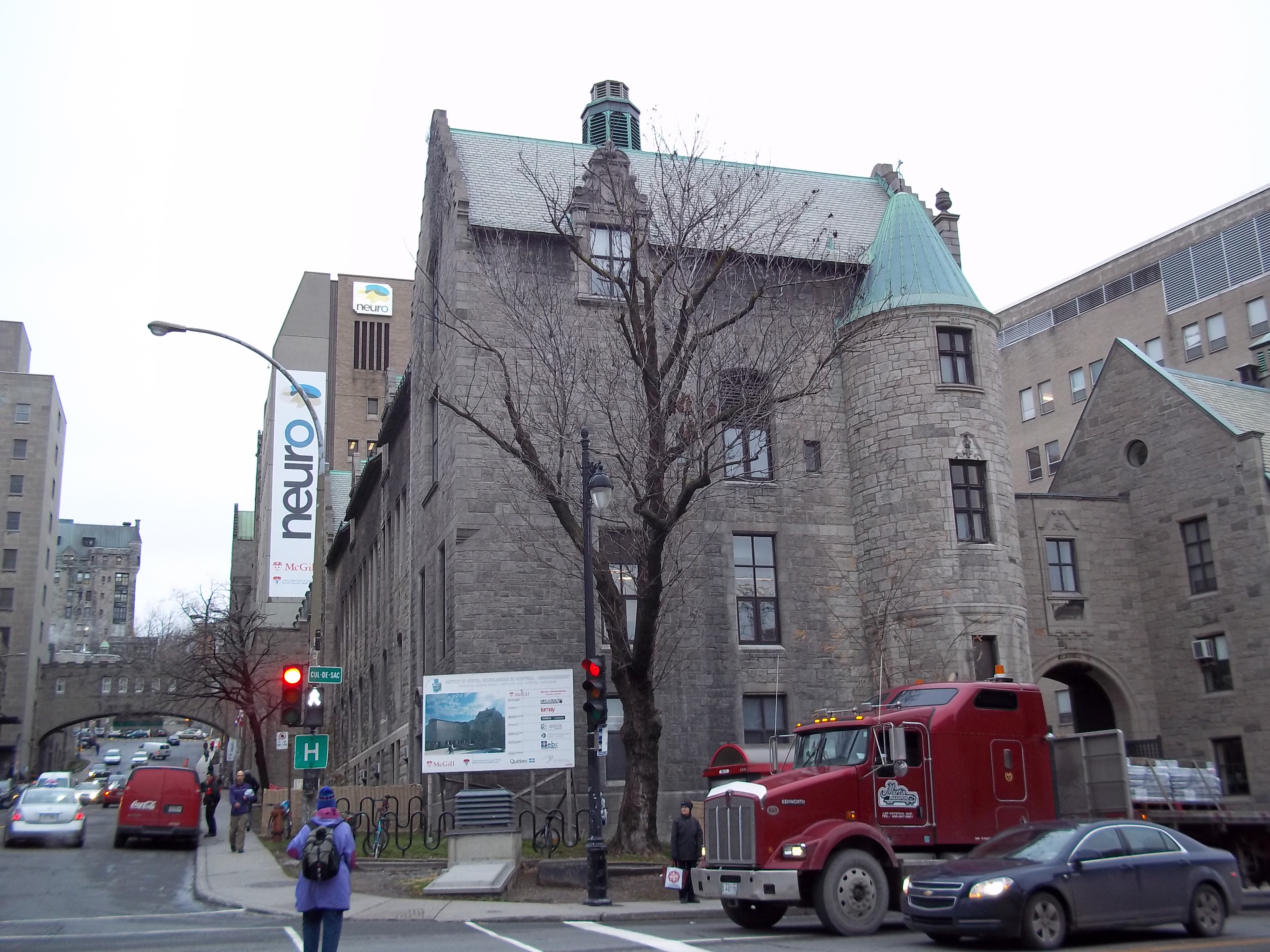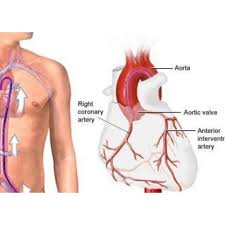Coronary Angiogram cost in Canada
Coronary Angiogram
A coronary angiography is a test that employs X-ray imaging to examine the blood arteries in your heart. The test is usually performed to determine if there is a blockage in blood flow to the heart.
Coronary angiograms are part of the heart (cardiac) catheterizations category of operations. Cardiac catheterization can be used to diagnose and treat a variety of heart and blood vascular problems. The most frequent form of cardiac catheterization technique is a coronary angiography, which can be used to identify heart issues.
During a coronary angiography, a dye that can be seen on an X-ray machine is injected into your heart's blood channels. The X-ray equipment produces a sequence of pictures (angiograms) that show your blood vessels in quick succession. During your coronary angiography, your doctor might open blocked heart arteries (angioplasty) if required.
Disease Overview
Coronary artery disease
Coronary arteries are the blood channels that provide oxygen-rich blood to your heart muscle, allowing it to continue to beat. The coronary arteries run parallel to the heart muscle.
Coronary artery disease is a narrowing or blockage of your coronary arteries caused by plaque accumulation. Coronary artery disease, also known as coronary heart disease, ischemic heart disease, and heart disease, is a kind of coronary artery disease.
- Have a high level of cholesterol (particularly high LDL "bad" cholesterol and low HDL "good" cholesterol).
- Have a high blood pressure condition
- Heart disease runs in the family
- Diabetes
- Smoking
- Post-menopausal lady or a male over 45 years old
- Obesity
- Physically Inactive
If you experience any of the following symptoms, your doctor may advise you to get a coronary angiogram:
- Chest discomfort and other symptoms of coronary artery disease (angina)
- Other tests can't explain pain in your chest, jaw, neck, or arm
- Chest discomfort that is new or worsening (unstable angina)
- You were born with a cardiac defect (congenital heart disease)
- A noninvasive cardiac stress test yielded abnormal results.
- A chest injury or other blood vessel disorders
- A issue with the heart valves that necessitates surgery
Angiograms are normally conducted after noninvasive cardiac tests, such as an electrocardiogram, an echocardiography, or a stress test, because there is a minor risk of problems.
Diagnosis
Your cardiologist will first question you about your symptoms, assess your medical history, evaluate your risk factors, and do a physical exam, unless your condition is an emergency (you're experiencing a heart attack or stroke).
A variety of diagnostic tests are available, including:
EKGs (electrocardiograms) are tests that record the electrical activity of the heart. Can detect heart attacks, ischemia, and irregular heartbeats.
Exercise stress tests: A treadmill test to see how well your heart works while it's working the hardest. Angina and coronary occlusions can be detected.
Pharmacologic stress test: Rather than employing exercise to evaluate your heart when it is at its most active, medication is given to raise your heart rate and simulate activity. Angina and coronary occlusions can be detected using this test.
Coronary calcium scan: This test determines how much calcium is present in the walls of your coronary arteries, which might indicate atherosclerosis.
Echocardiogram is a test that uses sound waves to determine how well your heart's architecture and general function are operating.
Blood test: Triglycerides, cholesterol, lipoprotein, C-reactive protein, glucose, HbA1c (a marker of diabetes management), and other blood tests are ordered for variables that impact arteries.
Nuclear imaging is a test that uses a radioactive tracer to create pictures of the heart.
Cardiac catheterization is a procedure in which tiny tubes are inserted into the heart's blood arteries to assess heart function, including the existence of coronary artery disease.
Disease Treatment
Reducing your risk factors is the first step in treating coronary artery disease. This entails making lifestyle adjustments.
- Quit smoking or using tobacco products.
- Manage High cholesterol, high blood pressure, and diabetes
- Eat a diet that is good for your heart.The Mediterranean and DASH diets are two excellent dietary options.
- Consume alcohol in moderation. Drink no more than one drink per day for ladies and two drinks per day for males on a daily basis.
- Increase your degree of physical exercise. Exercising can help you lose weight, get in better shape, and alleviate stress.
Your doctor will prescribe drugs to help you control your heart disease risk factors. The following are examples of heart-related drugs that you may be prescribed:
- Cholesterol-lowering medications
- Blood pressure medications
- Angina-relieving medications
- Medications to lessen the risk of blood clots.
Medication to reduce your blood sugar level if you have diabetes and coronary artery disease.
Surgery:
Nonsurgical therapies to remove plaque accumulation in the arteries and prevent blockages are known as interventional procedures. Balloon angioplasty and stenting are two common techniques.
When there is a blockage in the coronary arteries, coronary artery bypass graft (CABG) surgery entails constructing a new conduit for blood to circulate. The surgeon, in most cases, takes blood veins from your chest, arm, or leg and replaces them with a new pathway to supply oxygen-rich blood to the heart.
Enhanced external counterpulsation (EECP): Inflatable cuffs (similar to blood pressure cuffs) are used to compress the blood vessels in your lower body. This aids in the improvement of blood flow to the heart and the formation of natural bypasses (collateral circulation) around blocked coronary arteries.
Coronary angiography is a test that employs X-ray imaging to examine the blood arteries in your heart. The test is usually performed to determine if there is a blockage in blood flow to the heart.
Country wise cost comparison for Coronary Angiogram:
| Country | Cost |
|---|---|
| India | $612 |
| Canada | $3136 |
Treatment and Cost
22
Total Days
In Country
- 8 Day in Hospital
- 2 No. Travelers
- 14 Days Outside Hospital
Treatment cost starts from
$0
Popular Hospital & Clinic
Featured Hospital
35 Hospitals
Types of Coronary Angiogram in Toronto General Hospital and its associated cost
| Treatment Option | Approximate Cost Range (USD) |
|---|---|
| No Treatment option added | |
- Address: 200 Elizabeth St, Toronto, ON M5G 2C4, Canada
- Facilities related to Toronto General Hospital: Private Rooms, Translator, Nursery / Nanny Services, Personal Assistance / Concierge, Free Wifi, International Cuisine, Phone in Room, Private Driver / Limousine Services, Post operative follow-up, Mobility Accessible Rooms, Rehabilitation, Cafe, TV in room, Car Hire, Health Insurance Coordination
9
DOCTORS IN 11 SPECIALITIES
20+
FACILITIES & AMENITIES
Types of Coronary Angiogram in North York General Hospital and its associated cost
| Treatment Option | Approximate Cost Range (USD) |
|---|---|
| No Treatment option added | |
- Address: 4001 Leslie Street, Toronto ON M2K 1E1
- Facilities related to North York General Hospital:
5
DOCTORS IN 11 SPECIALITIES
20+
FACILITIES & AMENITIES
Types of Coronary Angiogram in Rockyview General Hospital and its associated cost
| Treatment Option | Approximate Cost Range (USD) |
|---|---|
| No Treatment option added | |
- Address: 7007 14 St SW, Calgary, Alberta, T2V 1P9
- Facilities related to Rockyview General Hospital:
0
DOCTORS IN 11 SPECIALITIES
20+
FACILITIES & AMENITIES
Types of Coronary Angiogram in Jewish General Hospital and its associated cost
| Treatment Option | Approximate Cost Range (USD) |
|---|---|
| No Treatment option added | |
- Address: Jewish General Hospital 3755 Cote-Ste-Catherine Road Montreal, Quebec
- Facilities related to Jewish General Hospital:
8
DOCTORS IN 11 SPECIALITIES
20+
FACILITIES & AMENITIES
Types of Coronary Angiogram in Sunnybrook Health Sciences Centre and its associated cost
| Treatment Option | Approximate Cost Range (USD) |
|---|---|
| No Treatment option added | |
- Address: 2075 Bayview Avenue Toronto, ON M4N 3M5 Canada
- Facilities related to Sunnybrook Health Sciences Centre:
6
DOCTORS IN 11 SPECIALITIES
20+
FACILITIES & AMENITIES
Types of Coronary Angiogram in Montreal General Hospital (McGill University Health Centre) and its associated cost
| Treatment Option | Approximate Cost Range (USD) |
|---|---|
| No Treatment option added | |
- Address: 1650 Cedar Avenue Montreal, Quebec Canada H3G 1A4
- Facilities related to Montreal General Hospital (McGill University Health Centre):
6
DOCTORS IN 11 SPECIALITIES
20+
FACILITIES & AMENITIES
Types of Coronary Angiogram in Lachine Hospitals and its associated cost
| Treatment Option | Approximate Cost Range (USD) |
|---|---|
| No Treatment option added | |
- Address: 650 16e Avenue, Lachine, QC H8S 3N5
- Facilities related to Lachine Hospitals:
6
DOCTORS IN 11 SPECIALITIES
20+
FACILITIES & AMENITIES
Types of Coronary Angiogram in Montreal Children's Hospital and its associated cost
| Treatment Option | Approximate Cost Range (USD) |
|---|---|
| No Treatment option added | |
- Address: 1001 boul. Decarie Montreal, QC H4A 3J1
- Facilities related to Montreal Children's Hospital:
6
DOCTORS IN 11 SPECIALITIES
20+
FACILITIES & AMENITIES
Types of Coronary Angiogram in Montreal Neurological Institute-Hospital and its associated cost
| Treatment Option | Approximate Cost Range (USD) |
|---|---|
| No Treatment option added | |
- Address: 3801 University Street Montreal, QC H3A 2B4
- Facilities related to Montreal Neurological Institute-Hospital:
4
DOCTORS IN 11 SPECIALITIES
20+
FACILITIES & AMENITIES
Types of Coronary Angiogram in The Royal Victoria Hospital (McGill University Health Centre) and its associated cost
| Treatment Option | Approximate Cost Range (USD) |
|---|---|
| No Treatment option added | |
- Address: 1001 Decarie Blvd, Montreal, Quebec H4A 3J1, Canada
- Facilities related to The Royal Victoria Hospital (McGill University Health Centre): Private Rooms, Translator, Nursery / Nanny Services, Personal Assistance / Concierge, Free Wifi, International Cuisine, Phone in Room, Private Driver / Limousine Services, Post operative follow-up, Mobility Accessible Rooms, Rehabilitation, Cafe, TV in room, Car Hire, Health Insurance Coordination
6
DOCTORS IN 11 SPECIALITIES
20+
FACILITIES & AMENITIES
Related Packages
More Related Information
Some of the top rated doctors are:
- Saudi Arabia
Some of the top rated hospitals are:
- India
- Fortis Memorial Research Institute
- BLK-Max Super Speciality Hospital
- Medanta-The Medicity, Gurgaon
- Indraprastha Apollo Hospitals, New Delhi
- Thailand
- Bangpakok 9 International Hospital
- Bumrungrad International Hospital
- Bangkok Hospital
- Bangkok International Hospital
- Samitivej Hospital
- BNH Hospital
- Aek Udon International Hospital
- Phuket International Hospital
- Bangkok Christian Hospital
- Thonburi Hospital
- Kasemrad Hospital Sriburin
- Canada
- Toronto General Hospital
- Jewish General Hospital
- Montreal General Hospital (McGill University Health Centre)
- Royal Jubilee Hospital (RJH)
- The Royal Victoria Hospital (McGill University Health Centre)
- Centre hospitalier de l’Université de Montréal (CHUM)
- Victoria General Hospital
- St Michaels Hospital Toronto
- Hamilton General Hospital
- MCMASTER UNIVERSITY MEDICAL CENTRE
- University of Ottawa Heart Institute
- Saudi Arabia

